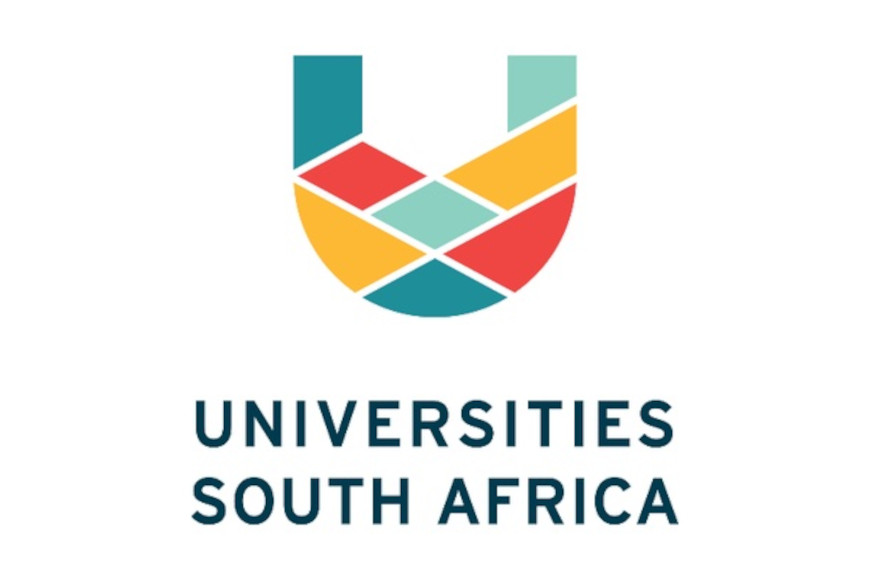The Board of Directors of Universities South Africa (USAf) is dismayed by the US federal government’s recent decision to freeze international aid in the quest to stay true to President Donald Trump’s
“America first” policy stance. The challenges facing humanity in the 21st century are both local and global in nature, necessitating system-to-system research collaborations more than ever before – if nations are to find lasting solutions to these common challenges.
“No one nation has it all,” the Chairperson of USAf, Professor Francis Petersen, said from Pretoria today. He said as research collaboration unlocks financial resources from some nations, it facilitates the cross-pollination of ideas from unique geographic, historic and cultural contexts, yielding a rich tapestry of knowledge and insights for universal benefit. He cited South Africa’s discovery of the Omicron variation of CoViD-19 in 2021, from which invaluable recommendations on future global surveillance systems emerged. “If the world defeated the CoViD pandemic by working together, no one nation can afford to isolate itself from the global battle against modern-day challenges such as pandemics and climate change. It is regrettable that the Trump administration chooses to blind itself to this fact.”
He says South Africa and the United States boast a solid history of research collaborations dating back to pre-democracy (1994). As the two countries’ HIV and AIDs research innovation unleashed a massive anti-retroviral treatment programme for just under 6 million people in South Africa, the studies equally yielded policy insights for both South Africa and the US – especially pertaining to communities in low socio-economic contexts in both countries. The two nations have enjoyed scholarly exchanges through a number of initiatives including the Fulbright programme. They have previously collaborated on higher education leadership capacitation, while more recent collaborative initiatives saw USA and SA universities partnering on a variety of research priorities.
By withdrawing foreign aid, the Trump administration risks undoing progress realised in joint programmes, thus diminishing its global standing in the fight against poverty, hunger, disease, and natural disasters. “Now, more than ever, sustained system-to-system collaboration is essential to overcoming shared challenges,” Professor Petersen says.
“Global challenges transcend HIV/AIDs, tuberculosis and malaria, by far,” the USAf Chair goes on to say. “Discontinuity of aid in these areas will significantly impact the joint research enterprise of our universities and their partners: UNAIDS, the United States Agency for International Development (USAID), and affiliated entities”. Aid withdrawal may also halt all clinical trials, result in the termination of staff/researchers’ contracts, and negatively impact the students involved. In addition, it will potentially interrupt all community engagement led by the various research centres in this context. “However, the USA also stands to lose out on the raft of benefits that flowed from these projects,” Professor Petersen says.
“In the short term, we need strong lobbying by our research partners in the United States, to impress upon the Trump administration the interdependence of nations. The USA needs other nations as much as they need the USA.”
In conclusion, Professor Petersen says Trump’s withdrawal of foreign aid “underlines the urgency on our part, to diversify funding sources for our research priorities.”
Universities South Africa

